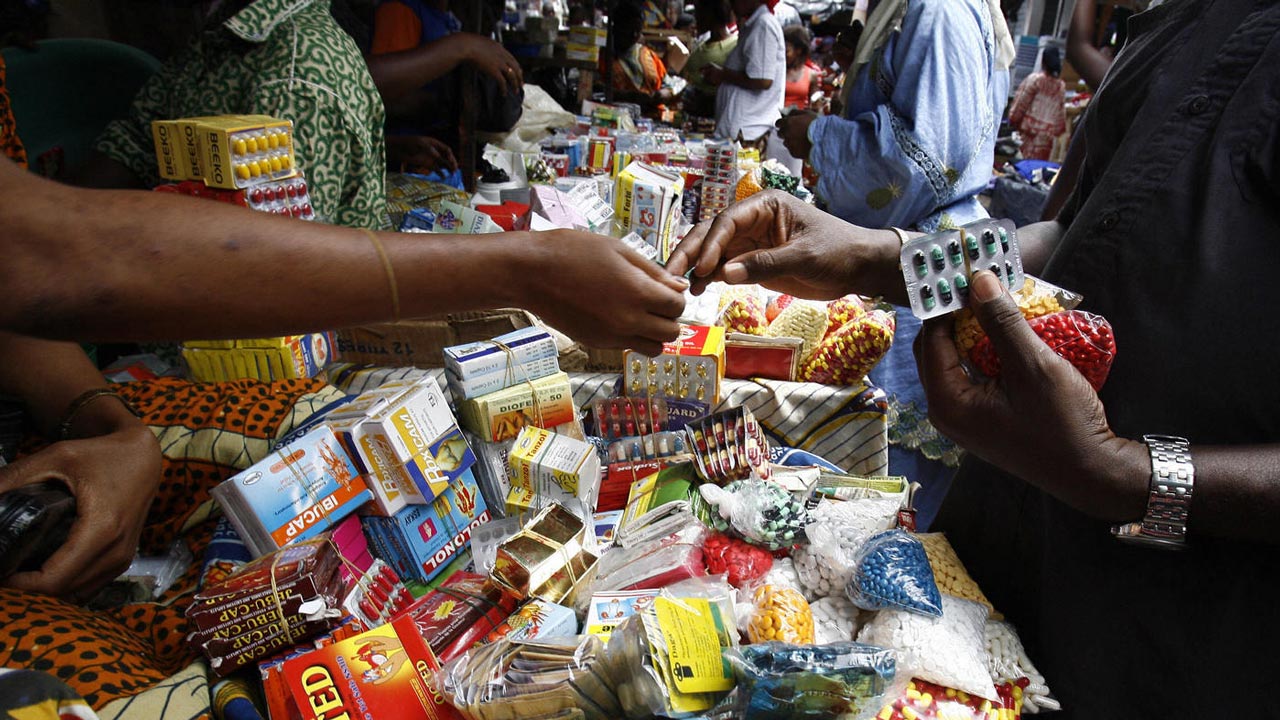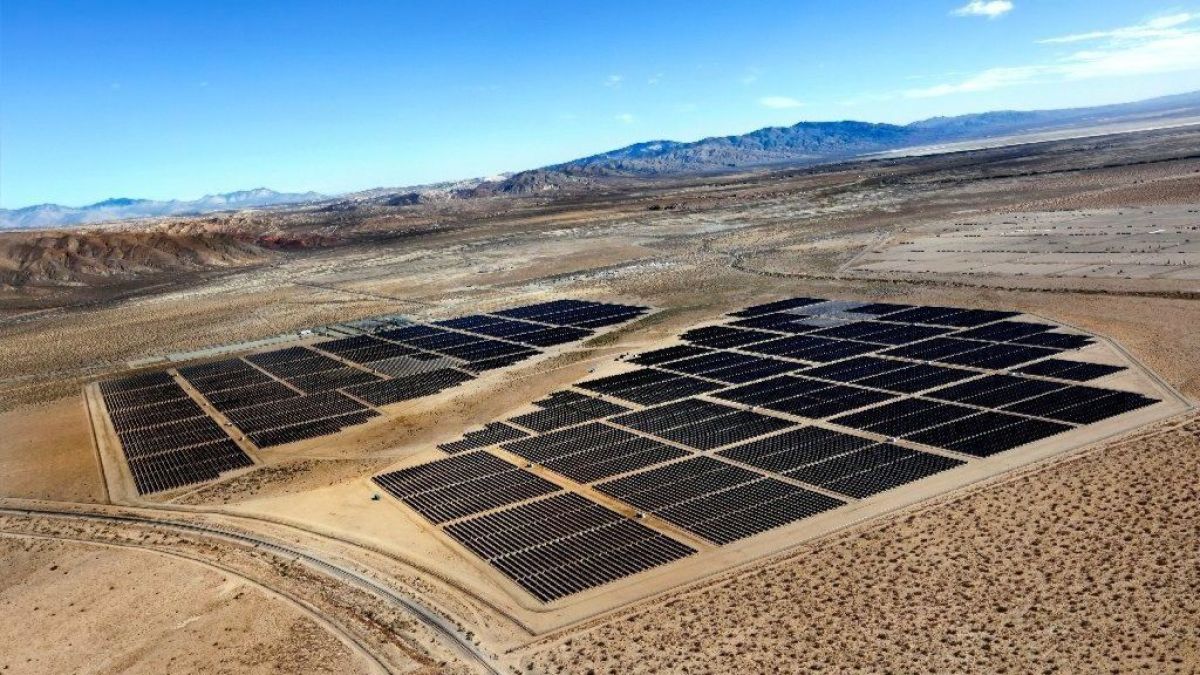From as early as 3 a.m on Friday 13 September 2019, protesters rallied in front of the Johannesburg Stock Exchange (JSE) for the #SandtonShutdown march. #SandtonShutdown was sparked by civil unrest in South Africa after the rape and murder of 19 year old Uyinene Mrwetyana as well as xenophobic violence due to the murder of taxi driver Jabu Baloyi. Expressing frustration at the national government’s claims of lack of resources to address the issues of gender-based violence, demonstrators pointed to the country’s economic hub to demand the private sector “fund the fight”.
Violence has a long history in South African society. In relation to femicide and gender-based violence South Africa has proven itself one of the most unsafe countries for womxn. The fight against gender-based violence is therefore not new. Women have long been organising to call to the government for protection of its citizens. Mandisa Khanyile, Director of Fundraising for Rise Up Against Gender-Based Violence, spoke of the work done in bringing attention to gender-based violence with the march to the President’s office at the Union Buildings in Pretoria, Parliament in Cape Town and police stations nationwide on 1 August last year. #SandtonShutdown under the #AmINext movement, is just the current spotlight on the everyday experiences of rape and murder of womxn in South Africa. Collected under a coalition of over 70 civil organisations with 24 demands to the government and JSE, representatives of the collection expressed that “we are tired of the signing. We are tired of lip service”. The demands proposed to government and business included government denouncing xenophobia, funding for shelters for womxn and children as well as a 2% levy from businesses trading in the JSE.
Though the main focus of the protest was against gender based violence, Keitumetse-Fatimata Moutloatse-Toure of feminist organization Black Womxn Caucus warned that people should not “be lazy in the analysis of the situation”. She continued to say that “we cannot separate xenophobia from gender-based violence” as womxn and children are displaced and vulnerable to femicide during xenophobic attacks. A testimony of dual oppression came from Zimbabwean activist Okuhle who shared her chilling experience of being ganged rape multiple times in one night and then repeatedly stabbed. She attested to surviving that experience but questioned whether she would be able to survive xenophobia in South Africa.
At around 10 a.m. after hours of protest it was clear that South Africa’s business hub was “business as usual”. Sandton did not shut down. At this time, CEO of the JSE Nicky Newton-King came to address the demonstrators. Newton-King told the marchers that she would be discussing the demands with relevant parties and that a formal commitment was to be given in 7 days. This was not met kindly by the attendees who wanted more of a commitment with an outlined timeline and budget. The CEO’s response to the protestors’ dissatisfaction was to flee where she—visibly upset—retreated into the JSE building.
After 12 hours of picketing, #SandtonShutdown came to an end. 12 hours of solidarity that highlighted gender-based violence as an issue for all—regardless of race, class, sexuality and gender. 12 hours of activism and organisations and civil society left knowing that the work towards gender equality continues. The lip service continues as the JSE agreed to a meeting with leaders of gender-based violence organisations on Friday, 20 September 2019.
By Thandiwe Ntshinga


